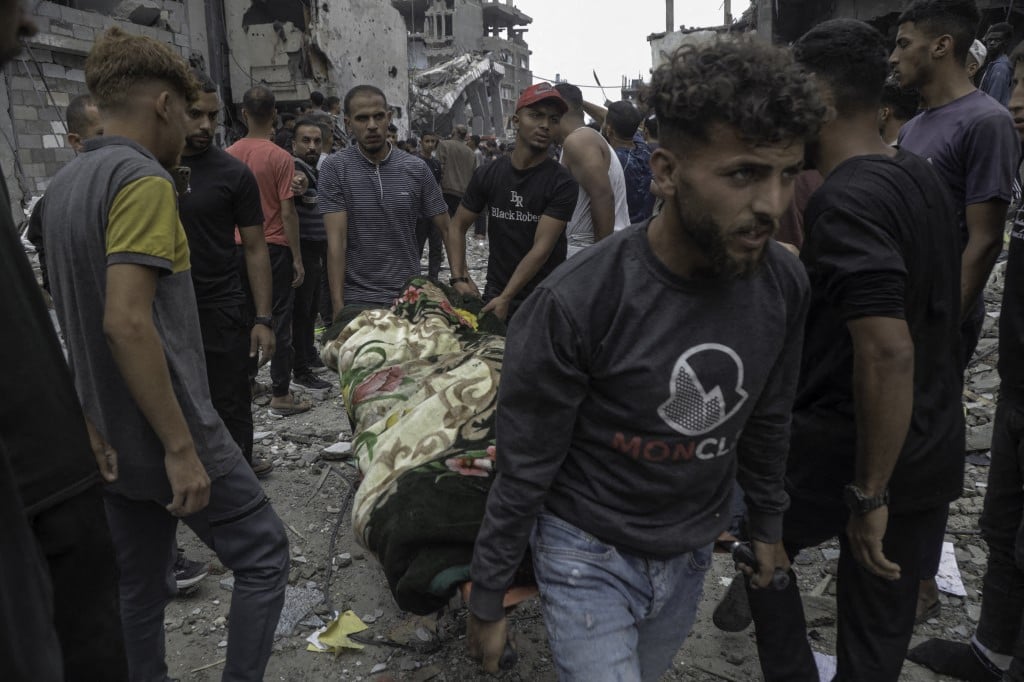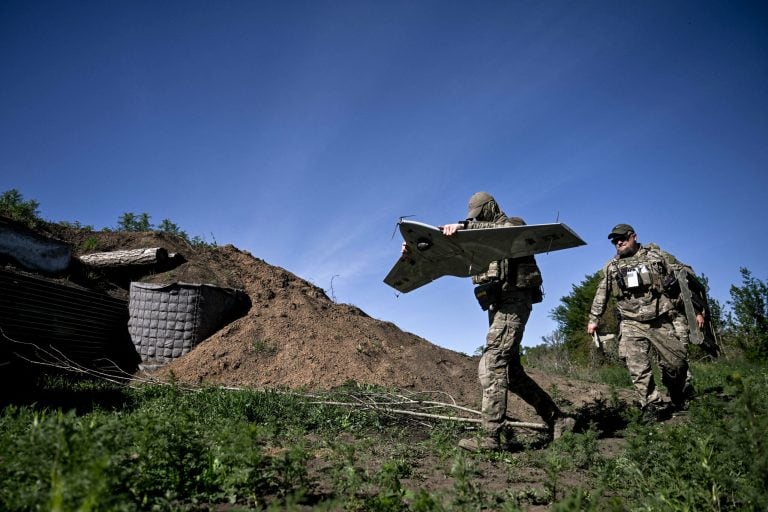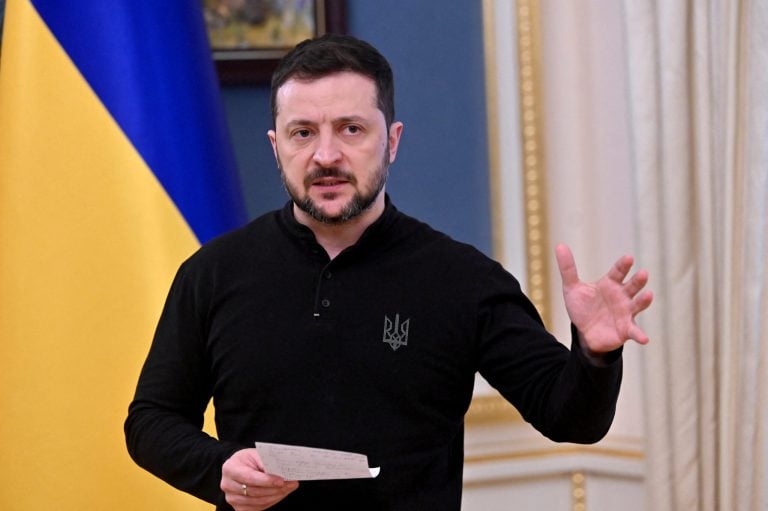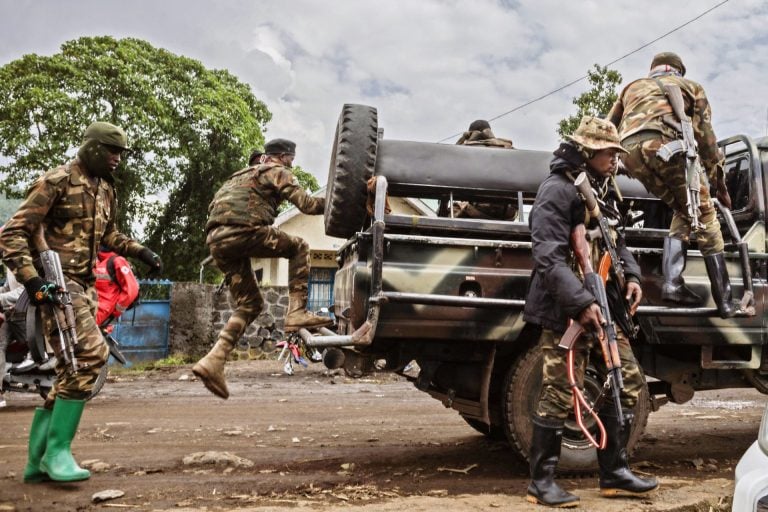The Israeli military has initiated the early stages of an intensified operation in Gaza, aiming to defeat Hamas. This announcement comes as rescuers within the besieged Palestinian territory reported ten fatalities resulting from fresh strikes on Saturday. The escalating campaign has intensified amid a worsening humanitarian crisis exacerbated by an Israeli blockade on aid. One of the last functioning hospitals in Gaza has cautioned that it can no longer treat severely wounded patients due to dire shortages of medical supplies and damage from nearby attacks.
The Israeli military described the operation as part of the “expansion of the battle in the Gaza Strip,” with objectives including the release of hostages and the ultimate defeat of Hamas. They reported extensive airstrikes and troop movements aimed at securing key areas within Gaza.
During a gathering of the Arab League in Baghdad, United Nations Secretary-General Antonio Guterres expressed alarm over Israel’s plans to expand ground operations and emphasized the urgent need for a permanent ceasefire. Alongside him, Spanish Prime Minister Pedro Sanchez and Egyptian President Abdel Fattah al-Sisi echoed calls for a cessation of hostilities. Sanchez urged world leaders to utilize international law to pressure Israel to halt what he deemed a “massacre” in Gaza, highlighting the “unacceptable number” of casualties indicative of a breach of humanitarian principles.
According to Mahmud Bassal, a spokesperson for Gaza’s civil defense agency, ten bodies were retrieved from hospitals following Saturday’s strikes, including three individuals killed in drone attacks east of Khan Yunis and three others from a bombing in Jabalia. Strikes surrounding Khan Yunis accounted for additional fatalities, bringing the total number of casualties from the previous day’s aerial bombardments to at least 100.
The resumption of hostilities in Gaza began on March 18, ending a two-month truce initiated after Hamas’s assault on Israel in October 2023, which resulted in 1,218 Israeli fatalities, primarily among civilians. The international community has widely condemned the renewed conflict. UN human rights chief Volker Turk characterized the new offensive as an apparent attempt to displace Gaza’s Palestinian inhabitants, labeling it as “tantamount to ethnic cleansing.”
As the fighting continues, the main Israeli campaign group representing families of hostages criticized Prime Minister Benjamin Netanyahu for jeopardizing diplomatic opportunities to secure the return of loved ones. Hamas has urged the United States to pressure Israel into lifting the blockade in exchange for the release of an American-Israeli hostage, Edan Alexander, who was freed following engagement with the Trump administration.
Iran’s Supreme Leader, Ayatollah Ali Khamenei, denounced US President Donald Trump’s assertions of using American influence for peace in Gaza, calling them deceptive. Israel maintains that the blockade is a strategic measure to compel concessions from Hamas, which still holds numerous Israeli hostages.
Amid these tensions, Prime Minister Netanyahu faces growing calls to ease the blockade as UN agencies continue to report critical shortages of food, clean water, fuel, and medical resources in Gaza. Marwan Sultan, director of the Indonesian Hospital, described the local situation as “catastrophic,” as airstrikes have caused severe structural damage to health facilities.
The conflict’s toll stands at over 53,000 casualties, with health officials in Hamas-run Gaza reporting that 3,131 individuals have perished since the resumption of Israeli strikes. The enduring humanitarian crisis has compounded calls for urgent international intervention to alleviate the suffering of the civilian population in Gaza.







